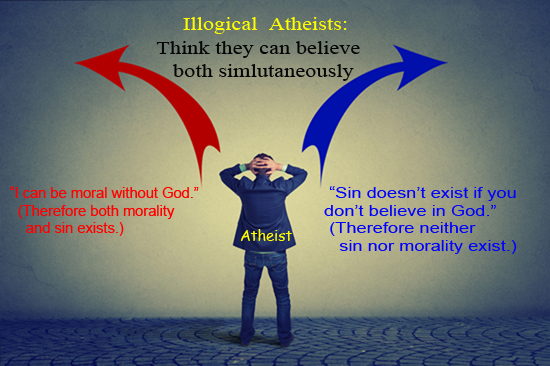“Who do you say I am?”
This is one of the most well-known questions Jesus asked his disciples. Perhaps because it is arguably the most significant. Significant not just for his disciples, but for everyone – because at some point everyone must answer that question.
Amid the cacophony of false idols, false religions, false gods, false ideas, hearsay and slander against Jesus everyone must answer the question Jesus puts to them: “Who do you say I am?” (Matt 16.15) It was no different for the disciples or the people of Jesus’ day. Consider the context in which Jesus asks his disciples the question: Having just fed more than 4,000 people, Jesus was approached by the unbelieving and treacherous Pharisees and Sadducees who came “and tested him by asking him to show them a sign from heaven.” (Matt 16.1) So right off the bat there’s a clear indication that they would not have believed any sign he gave them because he had just performed a miraculous sign. No, they weren’t looking for reasons to believe. They were looking for reasons to justify unbelief, and put him on trial so they could sentence him to death. Continue Reading









.jpg)
